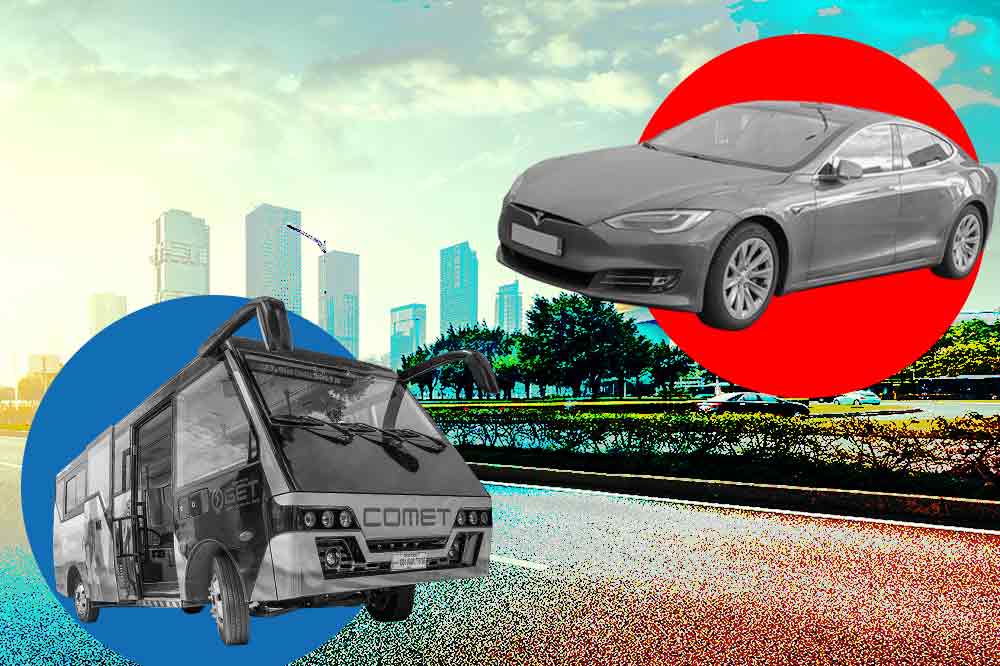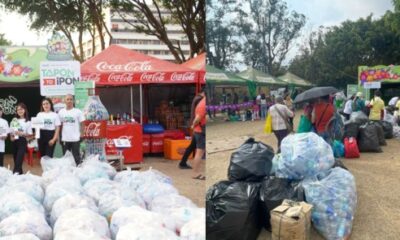Economy
ASEAN Nations Commit to Making Region E-Vehicle Hub


Economic ministers from the Association of Southeast Asian Nations (ASEAN) have taken a significant step towards establishing the region as a global production hub for electric vehicles (EVs).
During the 22nd Meeting of the ASEAN Economic Community Council (AECC) held in Jakarta, Indonesia, on May 7, the ministers finalized and endorsed a declaration on developing a regional electric vehicle ecosystem.
The declaration, adopted by ASEAN economic ministers at the 42nd ASEAN Summit, aims to institutionalize regional cooperation and open discussions on standards for electric vehicles across Southeast Asia. This milestone initiative aligns with the ASEAN 2023 Chairmanship theme of “ASEAN Matters: Epicentrum of Growth” and recognizes the importance of harnessing the region’s sustainability initiatives.
Philippine Trade Secretary Fred Pascual expressed enthusiasm for the initiative, highlighting the Philippines’ commitment to becoming a manufacturing hub for electric vehicles in the region.
He cited the recent signing of the Electric Vehicle Industry Development Act (EVIDA) into law, which demonstrates the country’s strong dedication to a greener mobility future and a fossil fuel-free environment. Additionally, Secretary Pascual revealed that the Philippines is currently working on an EV Incentive Strategy to attract further investments in the electric vehicle sector.
“We are happy to inform Member States that the Philippines has signed the Republic Act 11697 also known as the Electric Vehicle Industry Development Act or EVIDA, which was promulgated on 15 April 2022. This legislation reflects our strong commitment toward a greener mobility and fossil fuel-free environment. We are also currently working on our EV Incentive Strategy to encourage more EV investments in the country,” Pascual said.
Alongside the EV initiative, the economic ministers emphasized the importance of transitioning to clean energy and developing frameworks for carbon neutrality at the regional level. They welcomed the initial phase of the Circular Economy Implementation Plan, focusing on high-value sectors such as agriculture, energy, and transportation, which play a crucial role in reducing carbon emissions.
Secretary Pascual supported the development of a regional strategy for carbon neutrality. However, he emphasized the necessity of considering the varying levels of development among ASEAN member states, particularly in reducing greenhouse gas emissions, accelerating the energy transition, and decarbonizing land transport. Recognizing the vulnerability of the region to climate change impacts, he urged a prioritization of adaptation measures.
“The deliberation on the definition, objectives, scope of action plan, monitoring and evaluation mechanism, and timeline for the implementation plan must, however, take into consideration the different levels of development among AMS as well as prioritize adaptation given high vulnerability of the region to the impacts of climate change,” Pascual added.
The 42nd ASEAN Summit, held in Labuan Bajo, Indonesia, provides an opportunity for ASEAN leaders to formally adopt new policies that will affect the prosperity, peace and security, sustainability agendas, and interconnectedness of the region.
The move signifies a significant milestone in the region’s pursuit of sustainable growth, attracting high-tech investments, and creating high-value jobs in the rapidly expanding electric vehicle industry. (GFB)

































